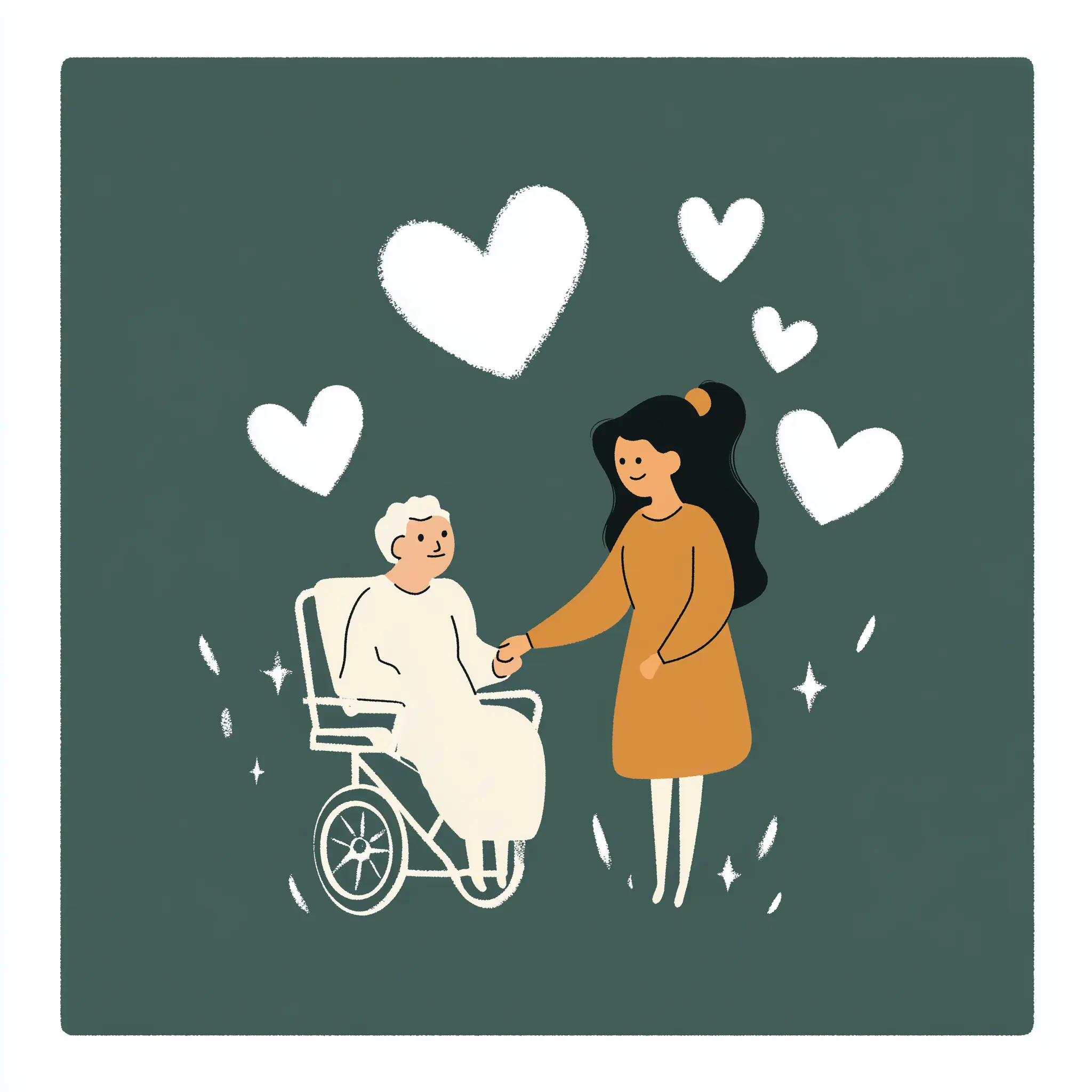
What To Look For In Specialist Shoes For The Elderly
- Published on
- Authors
-
- Author
- HP Homecare
-
Choosing the right shoes as a senior can dramatically influence your comfort and quality of life. But what exactly makes a shoe good for older adults? Specialist shoes for the elderly are designed to cater to the unique needs of aging feet, prioritising comfort, support, and safety. Here’s a detailed look at what makes these shoes different and why they are crucial for seniors.
Specialist Shoes Enhance Mobility and Safety
The primary hallmark of good elderly footwear is its ability to enhance mobility and reduce the risk of falls—a major concern among seniors. Enhanced traction soles, structured support, and a snug but comfortable fit are core features. More so, these shoes come equipped with adaptive closures, such as Velcro, which are excellent for those who may struggle with mobility or dexterity.
Orthopedic Features & Support
Orthopedic shoes are not just for those with complications but for all seniors who need extra care for their feet. They often feature extra-wide options that accommodate swelling and other common issues. Deep insoles that can be removed are useful for fitting orthotic devices that a podiatrist might recommend.
The Importance of Material Choice
The materials used in making senior citizen footwear also hold significant importance. Breathable fabrics such as soft leathers or advanced synthetics ensure that the shoes are comfortable throughout the day without leading to discomfort or the risk of skin irritations.
What to Avoid
It’s equally important to know what to avoid in footwear for seniors. Avoid shoes with heels, overly narrow fits, or those made from non-breathable materials. These can increase discomfort or lead to dangerous slips and falls.
Recommendations for Purchase
- For Stability and Support: Look for shoes labelled as ‘anti-slip’ which are also equipped with a rocker sole to help reduce pressure on the soles of your feet.
- For Comfort: Choose shoes with memory foam or gel padding to cushion the feet and reduce impact while walking.
- For Ease of Use: Favour shoes with hook-and-loop fasteners or slip-on designs that do not require bending over to tie laces.
Finding the right shoes can be a turning point in managing personal mobility and comfort. Consider visiting a specialist who understands the specific needs related to aging or connect with a carer who can provide insights into the best types of shoes based on individual circumstances. Engage in this critical investment for foot health with comfort, support, and ease!